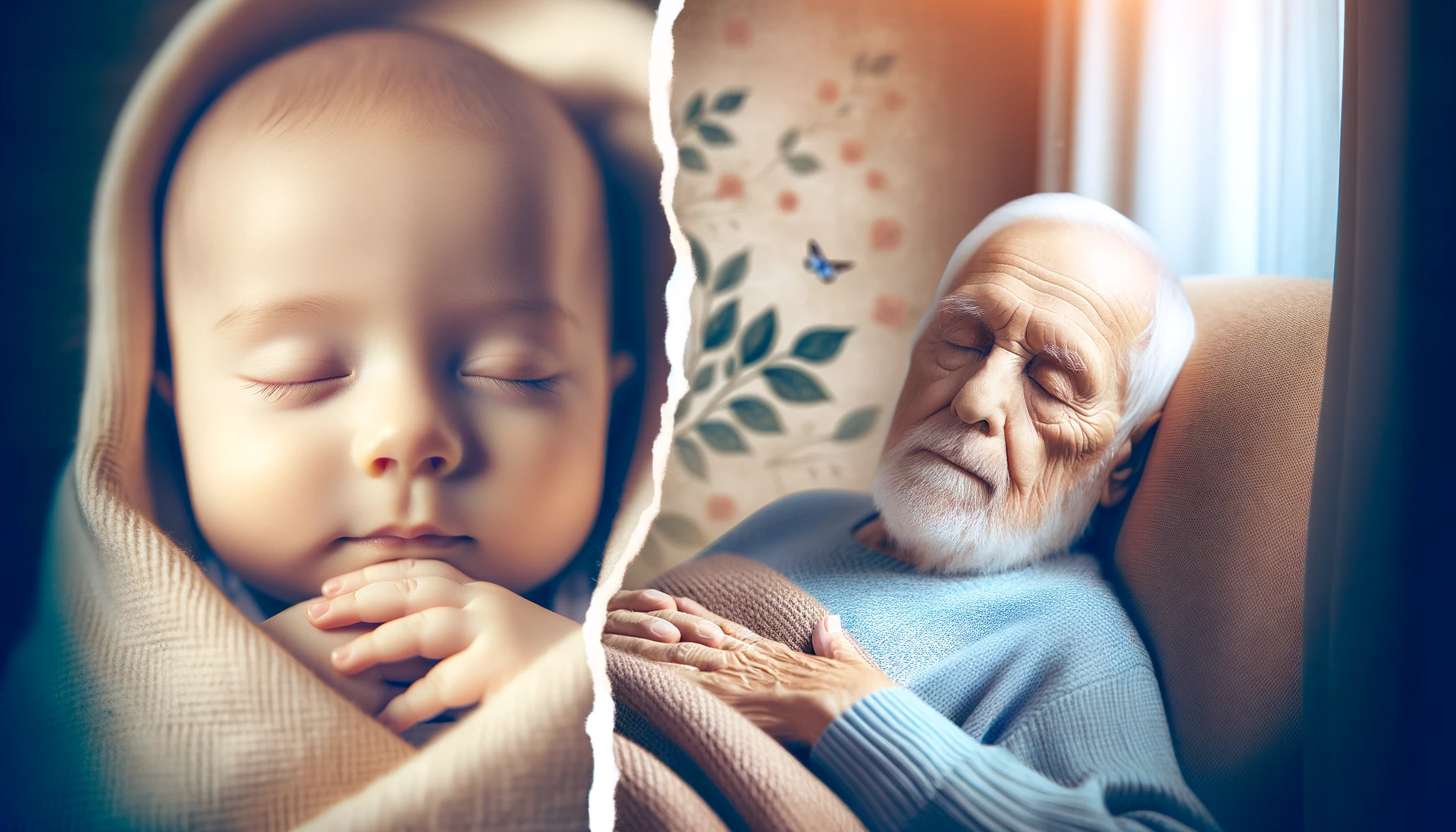Mastering Sleep: How Much Do We Really Need?
Sleep is a cornerstone of good health, yet its importance is often undervalued in our busy lives. During deep rest, our bodies undergo essential repair and rejuvenation processes, and our brains consolidate the day’s learning. But how much sleep is enough?
The Science of Sleep and Its Stages
Sleep comprises several stages, each vital for different aspects of health and recovery. The sleep cycle is divided into Rapid Eye Movement (REM) and Non-REM (NREM) stages. NREM encompasses lighter sleep stages (1 and 2) and deeper, restorative stages (3 and 4), accounting for 75-80% of our sleep. REM sleep, associated with dreaming, plays a critical role in memory and learning.
Recommended Sleep Durations by Age – A Detailed Guide
The National Sleep Foundation and other health authorities provide age-specific sleep duration recommendations, emphasizing that our sleep needs change as we age:
- Newborns (0-3 months): 14-17 hours each day. Newborns require extensive sleep for rapid physical and neurological development.
- Infants (4-11 months): 12-15 hours. As infants grow, their sleep gradually consolidates into longer nighttime periods with naps.
- Toddlers (1-2 years): 11-14 hours. This age group needs substantial sleep for development, including naps during the day.
- Preschoolers (3-5 years): 10-13 hours. At this stage, nighttime sleep becomes more consistent, with diminishing daytime naps.
- School-age children (6-13 years): 9-11 hours. Adequate sleep is vital for cognitive, physical, and social development.
- Teenagers (14-17 years): 8-10 hours. Sleep patterns shift during adolescence, but sufficient sleep is crucial for growth and brain development.
- Young adults (18-25 years): 7-9 hours. This is a critical period for brain development, particularly the prefrontal cortex, which governs decision-making and impulse control.
- Adults (26-64 years): 7-9 hours. Consistent, quality sleep supports physical health, stress management, and cognitive functions.
- Older adults (65+ years): 7-8 hours. While sleep patterns may change with age, quality sleep remains essential for overall health and well-being.
Understanding these varying needs can help in creating a tailored sleep schedule that supports health and well-being at every life stage.
How Sleep Quality is Affected
Sleep quality can be changed by many things like what we do every day, where we sleep, and if we have any health problems. Feeling stressed, what we eat, and how much we move and play are important. To sleep better, it’s good to have a sleep place that’s quiet, dark, and not too hot. It’s also important to remember that phones, tablets, and computers can make it harder to sleep because of the blue light they give off.

Why Not Getting Enough Sleep is Bad for Us
When we don’t get enough sleep, it can make us sick. Not sleeping enough can lead to gaining too much weight, heart problems, diabetes, and feeling sad or worried. It also makes it harder to remember things, pay attention, and make good choices. So, getting enough sleep is very important for our bodies, our brains, and how we feel.
Conclusion
In sum, sleep is a vital, yet often neglected, aspect of health. The right amount of sleep varies with age, but the necessity of quality sleep remains a constant. By understanding the science behind sleep, the recommended durations for each age group, and the consequences of sleep deprivation, we can take proactive steps to improve our sleep habits. Good sleep hygiene is a key to a healthier, more energetic, and productive life.
Frequently Asked Questions
Is it okay to get 5 hours of sleep?
Not really. Most adults need 7-9 hours for good health and to feel rested. Only a few people have genetics that let them function well for 5 hours.
Is 6 hours of sleep enough?
Usually no. While slightly better than 5 hours, 6 hours is still below the recommended 7-9 hours for most adults, and long-term, it can affect health and alertness.
Why do I feel better after 5 hours of sleep than 8?
This could be due to sleep cycles. Waking up after a complete cycle (around 90 minutes) can make you feel more refreshed. So, waking up after 5 hours might hit the end of a cycle, while 8 hours might not.
Is 10 hours of sleep too much?
For most people, yes. Unless recovering from sleep debt or dealing with certain health conditions, regularly sleeping more than 9 hours can lead to feelings of grogginess and other health issues.
How many hours is oversleeping?
Generally, sleeping more than 9 hours for an adult is considered oversleeping. In very extreme cases it can lead to health problems like diabetes, heart disease, and depression. However, occasionally having longer periods of sleep is nothing to worry about.
Why am I still tired after 12 hours of sleep?
This could be a sign of oversleeping, which disrupts natural sleep patterns, or a health issue like a sleep disorder or depression. It’s worth discussing with a doctor.
Why do females sleep more than males?
Hormonal differences, especially during menstrual cycles, pregnancy, and menopause, can affect sleep patterns. Females might need more sleep during these times due to physical and hormonal changes.
Is it better to get 3 hours of sleep or no sleep?
While not ideal, a few hours of sleep is better than none. Even short periods of sleep can provide restorative benefits and improve mood and cognition compared to no sleep.

